Filter by
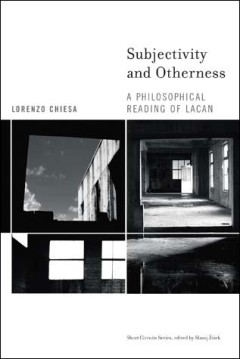
Subjectivity and otherness : and Otherness: A Philosophical Reading of Lacan
The evolution of the concept of subjectivity in the works of Jacques Lacan.
- Edition
- -
- ISBN/ISSN
- -
- Collation
- 1 online resource (235 pages) : illustrations.
- Series Title
- -
- Call Number
- -
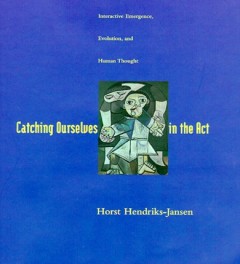
Catching Ourselves in the Act: Situated Activity, Interactive Emergence, Evol…
"A Bradford book."OCLC-licensed vendor bibliographic record. Catching Ourselves in the Act uses situated robotics, ethology, and developmental psychology to erect a new framework for explaining human behavior. Rejecting the cognitive science orthodoxy that formal task-descriptions and their implementation are fundamental to an explanation of mind, Horst Hendriks-Jansen argues for an alternative…
- Edition
- -
- ISBN/ISSN
- 9780262275262
- Collation
- 1 online resource (xii, 367 pages).
- Series Title
- -
- Call Number
- -
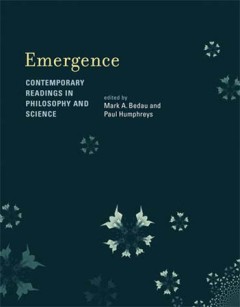
Emergence : Contemporary Readings in Philosophy and Science
This reader collects in one easy, accessible place, classic writings on emergence from contemporary philosophy and science. This title includes contributions from the likes of John Searle, Stephen Weinberg, Thomas Schelling, Stephen Wolfram and Jenny Fodor.
- Edition
- -
- ISBN/ISSN
- -
- Collation
- 1 online resource (xv, 464 pages) : illustrations
- Series Title
- -
- Call Number
- -
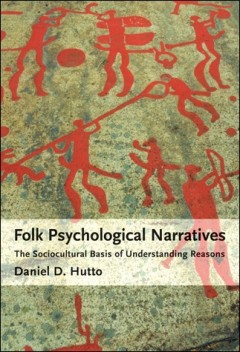
Folk psychological narratives The Sociocultural Basis of Understanding Reasons
An argument that challenges the dominant "theory theory" and simulation theory approaches to folk psychology by claiming that our everyday understanding of intentional actions done for reasons is acquired by exposure to and engaging in specific kinds of n.
- Edition
- -
- ISBN/ISSN
- -
- Collation
- 1 online resource (xvii, 402 pages)
- Series Title
- -
- Call Number
- -
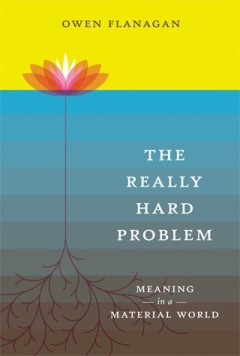
The really hard problem Meaning in a Material World
A noted philosopher proposes a naturalistic (rather than supernaturalistic) way to solve the "really hard problem": how to live a life that really matters-even as a finite material being living in a material world.
- Edition
- -
- ISBN/ISSN
- -
- Collation
- 1 online resource (xiii, 288 pages) : illustrations
- Series Title
- -
- Call Number
- -
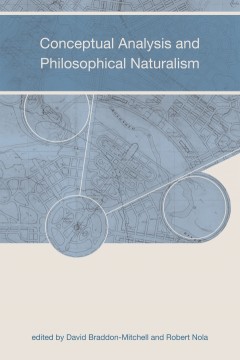
Conceptual analysis and philosophical naturalism
This volume shows how the so-called 'Canberra Plan' of metaphysical research continues to inspire (and provoke) some of the most interesting work in modern metaphysics.
- Edition
- -
- ISBN/ISSN
- -
- Collation
- 1 online resource (viii, 370 pages)
- Series Title
- -
- Call Number
- -
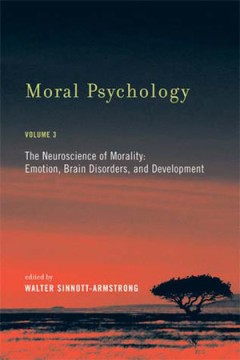
Moral psychology, The Neuroscience of Morality: Emotion, Brain Disorders, and…
"For much of the twentieth century, philosophy and science went their separate ways. In moral philosophy, fear of the so-called naturalistic fallacy kept moral philosophers from incorporating developments in biology and psychology. Since the 1990s, however, many philosophers have drawn on recent advances in cognitive psychology, brain science, and evolutionary psychology to inform their work. T…
- Edition
- -
- ISBN/ISSN
- -
- Collation
- -
- Series Title
- -
- Call Number
- -
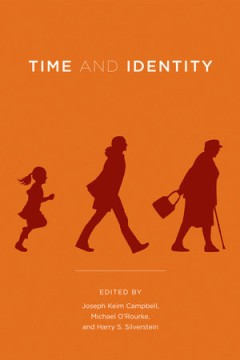
Time and identity
The concepts of time and identity seem at once unproblematic and frustratingly difficult. Time is an intricate part of our experience—it would seem that the passage of time is a prerequisite for having any experience at all—and yet recalcitrant questions about time remain. Is time real? Does time flow? Do past and future moments exist? Philosophers face similarly stubborn questions about id…
- Edition
- -
- ISBN/ISSN
- 9780262265799
- Collation
- 1 online resource (vi, 330 pages).
- Series Title
- -
- Call Number
- -
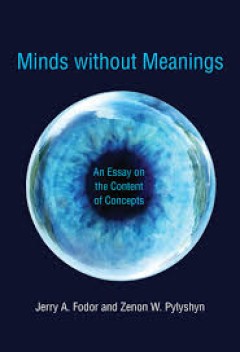
Minds without Meanings: An Essay on the Content of Concepts
Two prominent thinkers argue for the possibility of a theory of concepts that takes reference to be concepts' sole semantic property.OCLC-licensed vendor bibliographic record.
- Edition
- -
- ISBN/ISSN
- 9780262320320
- Collation
- 1 online resource (193 pages) :illustrations
- Series Title
- -
- Call Number
- -

Knowledge and Mind: A Philosophical Introduction
This is the only contemporary text to cover both epistemology and philosophy of mind at an introductory level. It also serves as a general introduction to philosophy: it discusses the nature and methods of philosophy as well as basic logical tools of the trade. The book is divided into three parts. The first focuses on knowledge, in particular, skepticism and knowledge of the external world, an…
- Edition
- 1
- ISBN/ISSN
- 9780262269315
- Collation
- -
- Series Title
- -
- Call Number
- -
 Computer Science, Information & General Works
Computer Science, Information & General Works  Philosophy & Psychology
Philosophy & Psychology  Religion
Religion  Social Sciences
Social Sciences  Language
Language  Pure Science
Pure Science  Applied Sciences
Applied Sciences  Art & Recreation
Art & Recreation  Literature
Literature  History & Geography
History & Geography